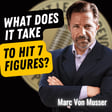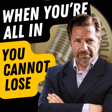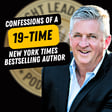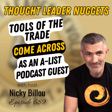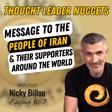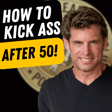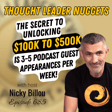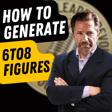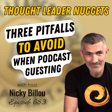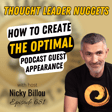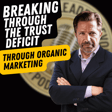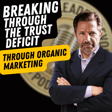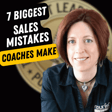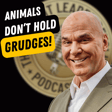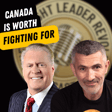
EP494: Majeed Mogharreban - How To Build A Powerful Thought Leader CEO Brand
“And the most successful CEOs in the world are the ones now who have opinions and some of those opinions are quite controversial.”
Thought leadership isn't just about making noise – it's about crafting a symphony of powerful ideas, emotional connection, and transformative impact. In today's riveting discussion, we have the honor of hosting the legendary thought leader, Majeed Mogharreban, a brilliant and insightful Persian visionary in the realm of business.
Majeed and Nicky guide listeners through the journey of becoming a thought leader CEO. By sharing personal stories, harnessing values, and delivering valuable insights, thought leader CEOs can inspire and connect with their audience on a profound level. Majeed’s wisdom and Nicky’s expertise shed light on the path to building a powerful thought leader CEO brand that resonates with authenticity, impact, and influence.
Expert action steps:
- Begin, begin.
- Record a video and post it online.
- Tell legendary stories.
Check out Majeed’s book "Expert Speaker: Five Steps to Grow Your Business with Public Speaking.” by visiting www.expertspeakerbook.com
To learn more about Majeed Mogharreban, visit his website through: www.expertspeaker.com
Visit eCircleAcademy.com and book a success call with Nicky to take your practice to the next level.


